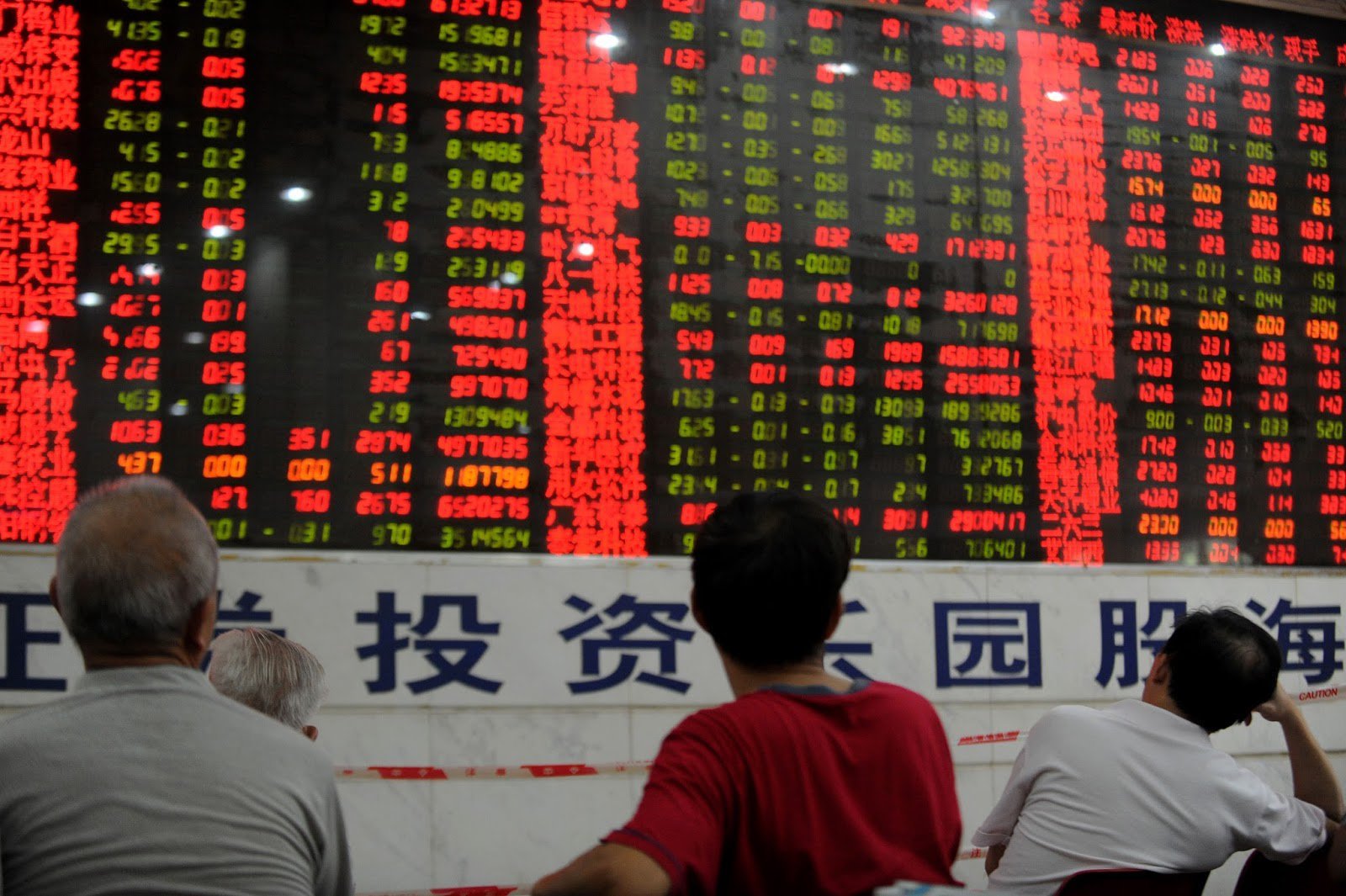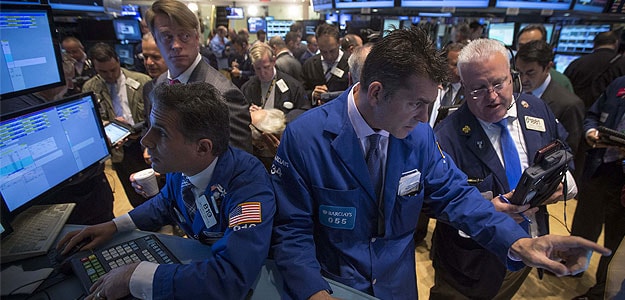Friends, let’s cut straight to the chase. The Q1 retail earnings reports are in, and they paint a pretty grim picture of the American consumer. We’re seeing the very real consequences of this ongoing trade war – and let me tell you, it’s not pretty.
MCDonald’s, a bellwether for the entire economy, just dropped a bombshell. Global sales unexpectedly declined this quarter, and they’re outright admitting they’re navigating the “most challenging market environment” in recent memory. Seriously, folks, that’s a stark warning!
It’s not just Mickey D’s. Domino’s, Chipotle, Starbucks – they’re all singing the same tune: Americans are tightening their belts and scaling back on discretionary spending. It’s not a subtle shift either, it’s a clear, undeniable trend.
Even luxury brands are feeling the pinch. Estée Lauder is projecting even deeper sales declines than previously anticipated. And now Harley-Davidson, an American icon, has pulled its full-year guidance, citing macroeconomic uncertainty. This isn’t isolated; it’s systemic.
Let’s drill down a bit. What’s actually happening?
The core issue is uncertainty surrounding tariffs and trade policies. Companies are struggling to predict their import costs.
This uncertainty wreaks havoc on inventory management. Retailers can’t accurately forecast supply and demand.
Consequently, companies are becoming increasingly conservative with their financial forecasts. Nobody wants to get burned.
Ultimately, it boils down to a simple economic principle: rising costs get passed onto consumers, and they respond by spending less.
Art Hogan from B Riley Wealth nailed it: “When retailers don’t know what inventory they can get, it’s hard to give reliable guidance, and…they are going to be conservative.” That sums it up perfectly. This isn’t a temporary blip. Prepare for more turbulence ahead.





